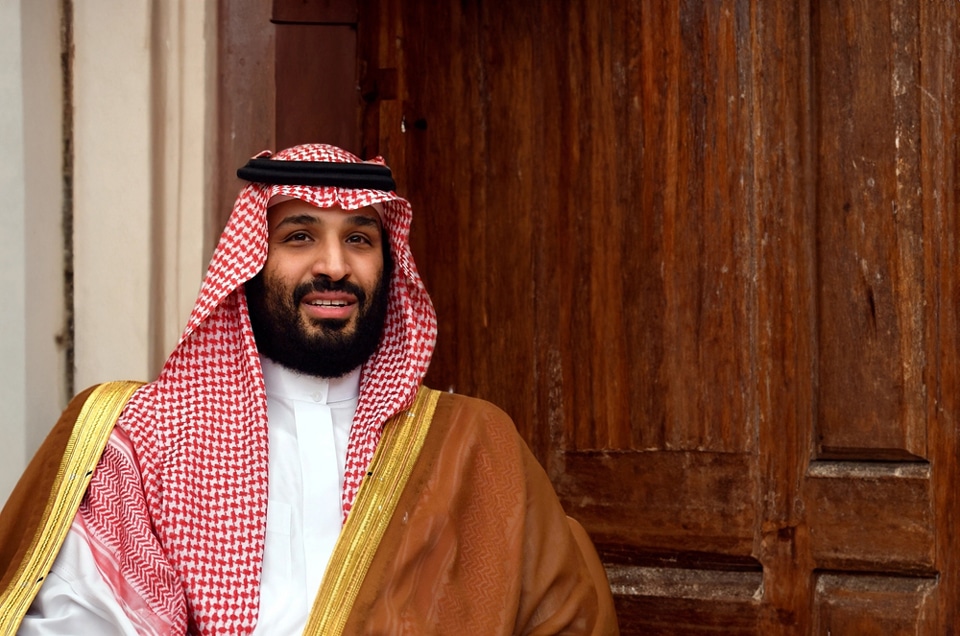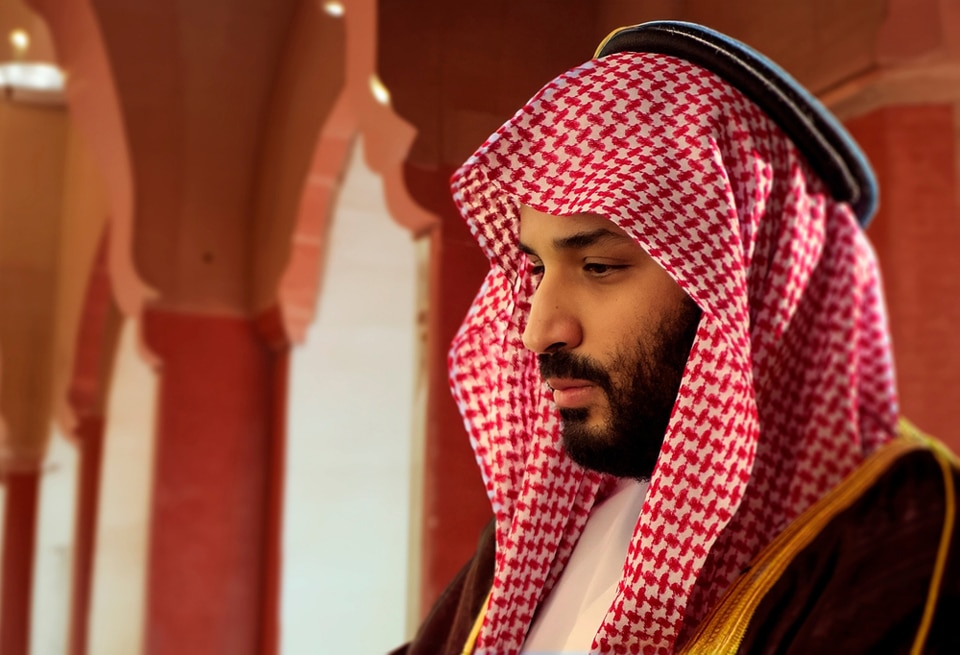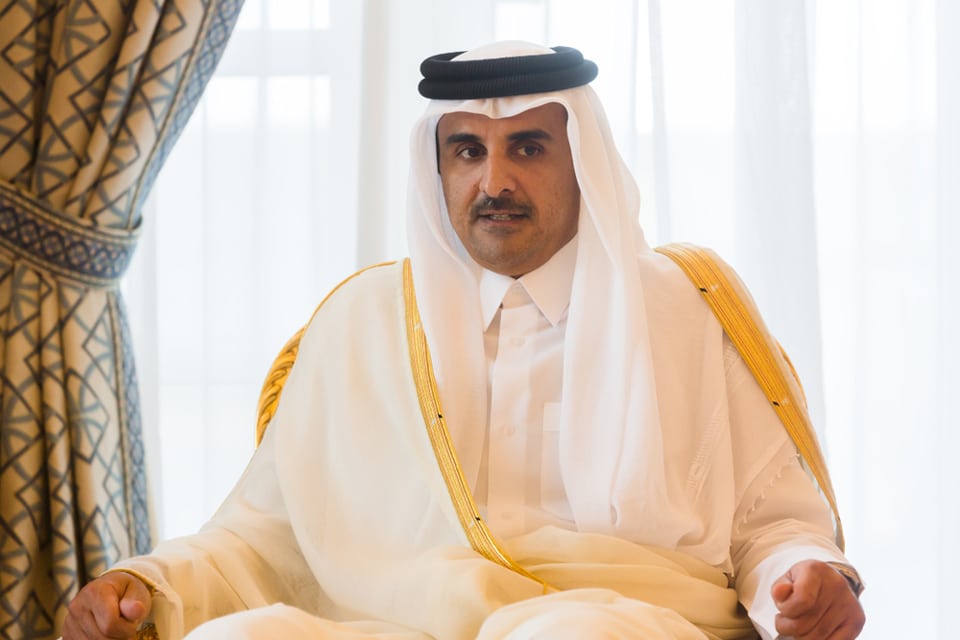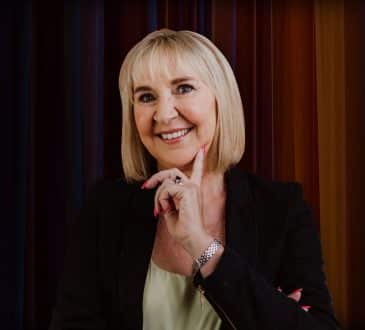The Business of Being A Crown Prince

At the idea of that metal: When archaeologists uncovered what seemed to be the earliest recorded forms of writing they may very well have expected that ancient peoples left something of a panoramic truth pertinent to generations future. As translations took place, reality probably duly took hold. Writing seems to have been developed not to leave posterity with grandiloquent sonnets, record the exemplary deeds of ancient heroes, or leave tablets of unalloyed received laws for future generations.
Instead, it was pithy accounting: more balance sheet than ‘We, the People’.
This should hardly be surprising. Well before talk of business empires, history records empires, kingdoms, and city-states which were mostly about business. It simply wasn’t called business, perhaps very much in the manner in which contemporaneous princes of business rarely speak of business but of evangelizing the world, changing destinies, and otherwise conducting nothing short of a mission civilisatrice – over various market segments.
Likewise, in older times, various business leaders expanded their realm in the name of assorted deities, organized their governing board around tables of various shapes, delegated authority to vassal middle-managers and country managers, oversaw M&A deals through marriage, sponsored business development through far off voyages and occasionally engaged in a hostile takeover of a market competitor. However, in the public relations of the day, none of this business was called business but the leadership of a kingdom, more often than not a sprawling family business.
The Golden Yoke of Sovereignty
Since much of what remains today is in the vein of those public relations exercises, be it in poetic form or tapestries of various sorts, we have come to see the business of current kingdoms as almost anachronistic to contemporary business practices. It is not. While north of Sicily certain historical practices might be somewhat frowned upon, business carries on as usual and business leaders today have similar tasks, methods, and problems to be tackled – even if for actual princes the job is more often not for life.
For example, the princes of today are more often than not all about business:
- Mohammed bin Salman: At the heart of MBS’s ambitious vision for the kingdom is the Saudi Vision 2030 plan, an ambitious blueprint aimed at diversifying and modernizing the Saudi economy. The plan envisions a future in which the country is a global hub for investment and a vibrant society with a thriving cultural scene.

To achieve these goals, MBS has initiated a flurry of reforms, including the successful privatization of state-owned entities, such as Saudi Aramco, the national crude oil company, and the promotion of sectors like tourism, entertainment, and technology.
- Haji Hassanal Bolkiah: One of the cornerstones of Sultan Hassanal Bolkiah’s economic reforms has been the Brunei Vision 2035 plan. This forward-looking blueprint envisions a diversified and sustainable economy, perhaps less reliant on crude and gas revenues and re-oriented towards knowledge-based industries.
The Vision 2035 initiative focuses on human capital development concurrent with a dynamic business ecosystem and this makes Brunei’s journey towards economic diversification inherently characterized by the Sultan’s commitment to creating a favorable environment for businesses.. So far, he has instituted reforms that streamline regulations and reduce bureaucratic hurdles, making it easier for entrepreneurs to establish and grow their businesses.
- Tamim bin Hamad Al Thani: One of the key pillars of Qatar’s economic reforms has been the promotion of a business-friendly environment whereby Emir Tamim’s government has implemented a series of measures to attract foreign investment and support local businesses. More specifically, the introduction of free economic zones, like the Qatar Free Zones Authority, has also created potentially lucrative opportunities for international investors, while the government’s support for local entrepreneurs and start-ups has been instrumental in creating a thriving business ecosystem that shows the way forward for the Gulf.

Takeaway
The world of princes, kings, and sultans is hardly anachronistic to the world of contemporaneous business, that false dichotomy arising from a common misunderstanding about the nature of the former. Quite to the contrary, the business of being a crown prince is very much in line with business in general and far more complex than your average MBA allows for.
Have you read?
Report: These Are The Most Eaten Foods in the World, 2023.
Most expensive cars in the world, 2023.
These Are the Richest Cities in the World, 2023.
Richest Professional Football Clubs In The World, 2023.
25 of the world’s oldest billionaires in 2023, ranked.
Bring the best of the CEOWORLD magazine's global journalism to audiences in the United States and around the world. - Add CEOWORLD magazine to your Google News feed.
Follow CEOWORLD magazine headlines on: Google News, LinkedIn, Twitter, and Facebook.
Copyright 2025 The CEOWORLD magazine. All rights reserved. This material (and any extract from it) must not be copied, redistributed or placed on any website, without CEOWORLD magazine' prior written consent. For media queries, please contact: info@ceoworld.biz








